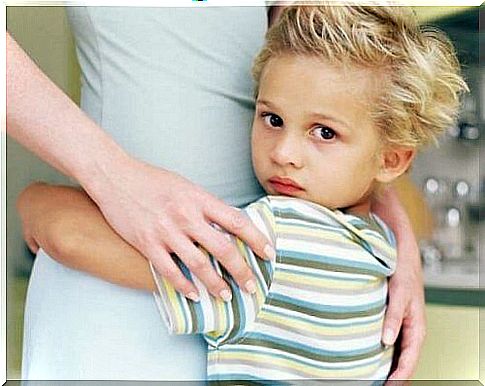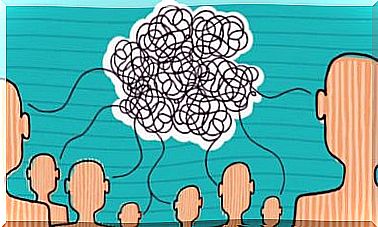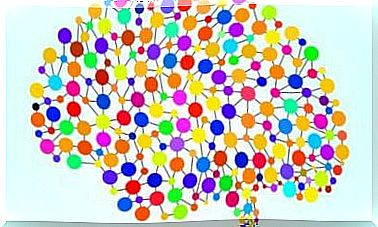Hyper-children: Overprotected Children And Stress

Hyper-children are a product of hyper-education. It is a new and growing trend that neglects important aspects of childhood. For example, play, being out in nature, boredom and dealing with various problems. This is the result of an educational style based on over-protection, over-attention and praise.
A hyper-child will respond to the needs of others before their own. They have little or no time for self-discovery, intrapersonal development and many other important qualities that develop during childhood.
What is in the term “hyper-child”?
The terms “hyper-child” and “hyper-parenting” are terms that are associated with keeping children under control. As a result, they have no affiliation with activities that are normal for people in their age group. So, they become people who are not independent, because they are expected to be perfect in all aspects of life.
The term first appeared in the United States. Traditionally, it is related to the term “spoiled children”. However, Eva Millet, journalist and author of the books Hyper-paternity and Hyper-children: Perfect Children says that hyper-children often create a lot of stress for parents.
What does a hyper-child’s life look like?
Hyper-children are preoccupied with extracurricular activities for which they have no passion. They know their weaknesses very well, but their parents treat them as if they were an investment. In other words, after spending a lot of money and time raising their children, they think (often unknowingly) that it will automatically lead to great success.
The children are much more aware of this than we imagine. And the pressure this leads to affects children at all levels. Their lives become a constant stress because they constantly have to meet other people’s expectations of them.
However, this coin, like all coins, has a different side. Hyper-children become the family’s center of attention. As Millet says: “ You visit their homes and you see no pictures of your grandparents. You will only see pictures of the children. They are mostly the kings and queens of the house. ”
This overstimulation creates a feeling of superiority in children. This can affect their personal development in a negative way. As a result, they cannot handle their emotions well, they become easily frustrated and suffer from their parents’ anxiety. In short, they become what Miller calls “hyper-children.” They are dependent children who cannot do anything without their parents’ help.

But, what does a child really need?
It will always be difficult to determine what children really need. This is because we must take into account that they have their own dreams, desires and expectations. However, one thing is clear: they are still training to face the real world. Therefore, we can not demand as much of these children as we demand of other adults.
This is one of the reasons why parents should never pass on their dreams to their children. Thinking about their career or college education before they are 10 years old is just crazy. We must let the children develop their own personality and interests. Above all, we should let them fail so that they can learn from them and also become aware of their limitations. In this regard, it is also important to show them that making mistakes can actually help them get better.

Less money, more love
All the experiences, lessons and camps are very demanding on the wallet. But in spite of everything, we can not expect children to appreciate such material things. Simply because they do not understand the concepts that go into it yet. So, instead of worrying about whether your 10-year-old English teacher has the best material to teach them, you should instead teach your child how to communicate in a natural way.
After all, children should grow up playing with other children. This means that they get the chance to try out their skills in practice, regardless of parents or other adults. In addition, parents should not do everything for their children, because this robs children of the chance to learn and develop their skills. They should be present in the background so that they are available if the child asks for help.
It is important for children to learn how to deal with unexpected situations. Parents should only focus on giving advice, support and above all love.









